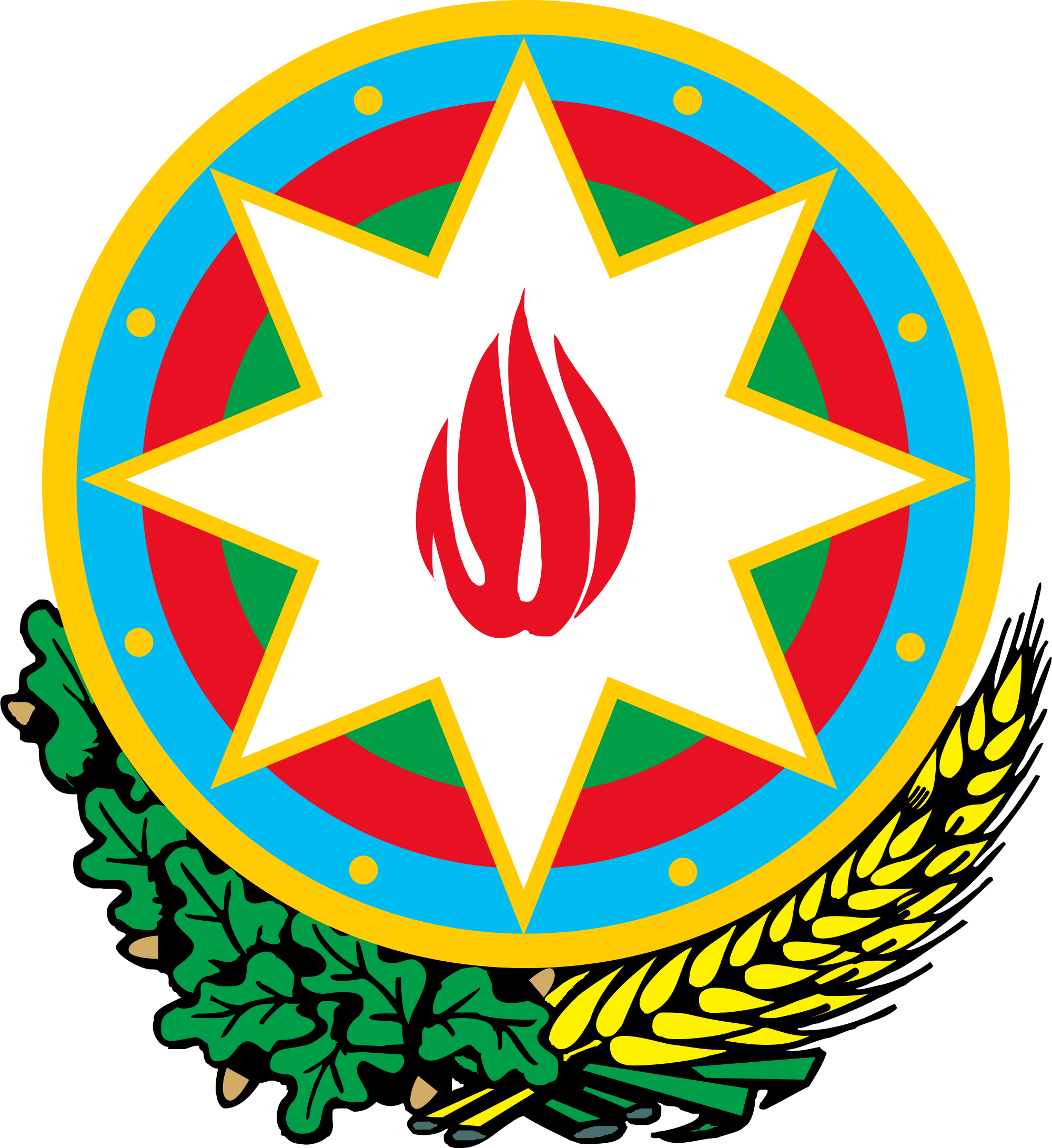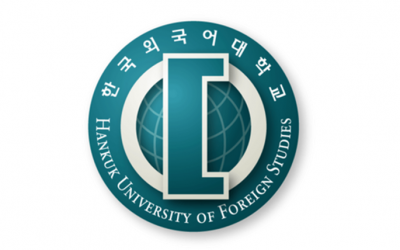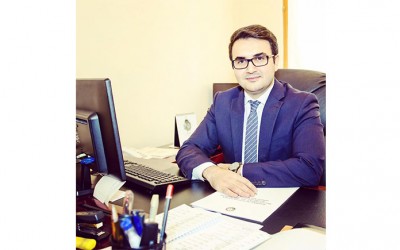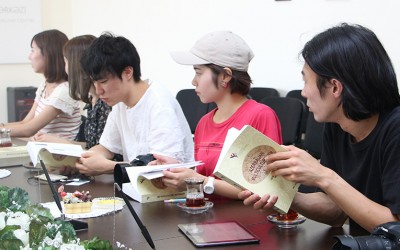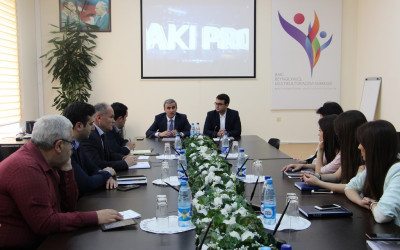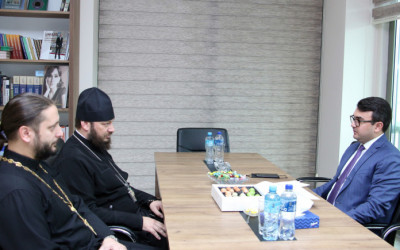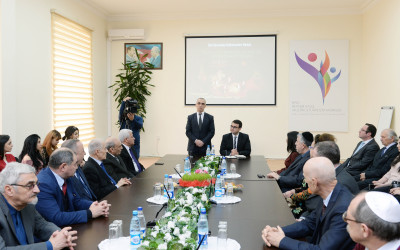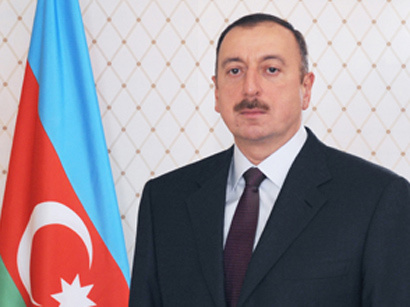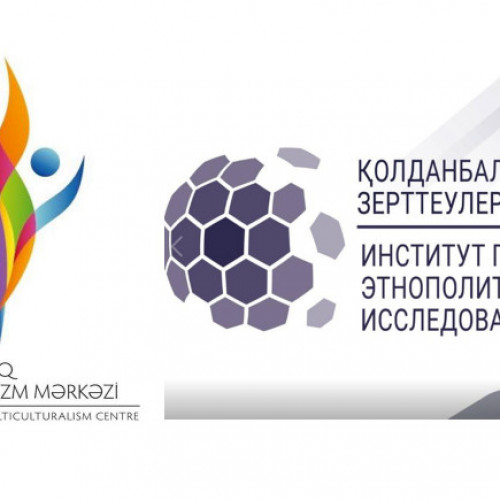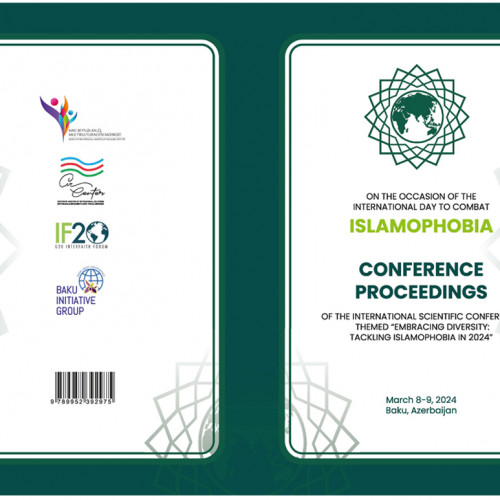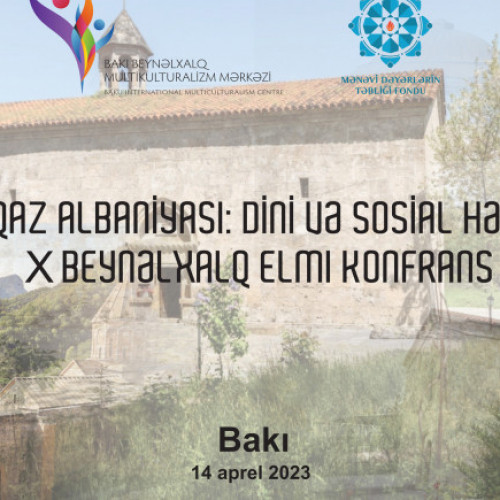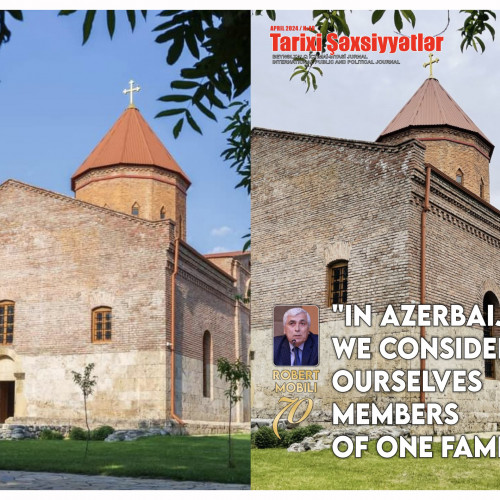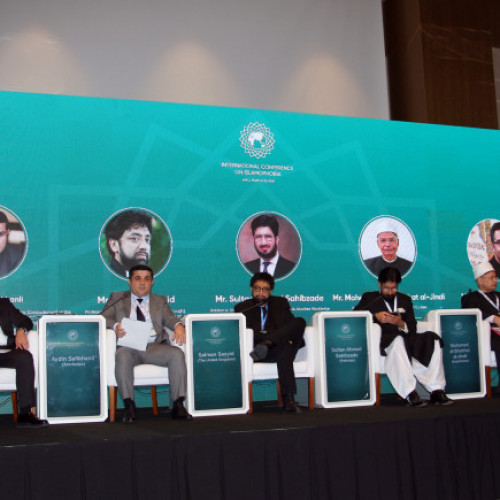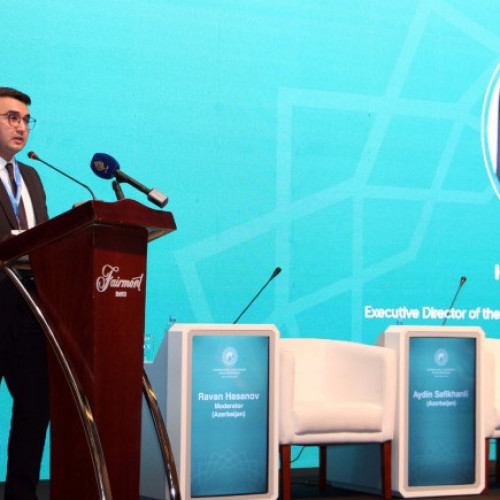Chinese media covers Azerbaijani multiculturalism
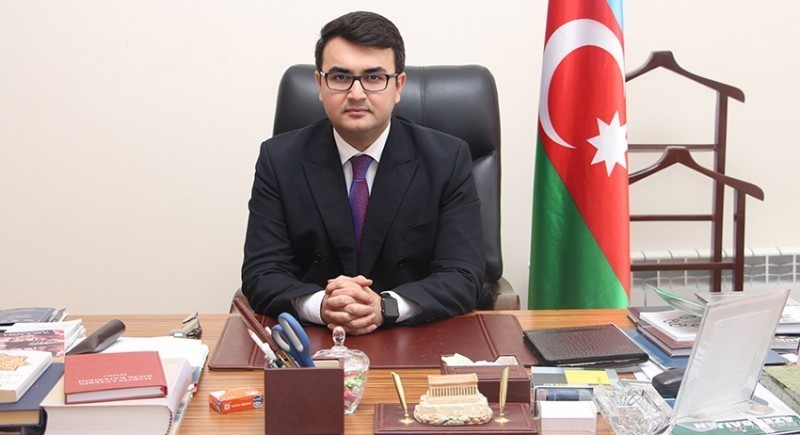
The Caspian Times, a prominent news portal of the People’s Republic of China, has published an interview with Ravan Hasanov, Executive Director of Baku International Multiculturalism Center.
The interview focuses in detail on the advantages of Azerbaijan’s multiculturalism model, Azerbaijani President Mr. Ilham Aliyev’s new calls in the area of intercultural and interreligious dialogue, and this policy’s contributions to regional and global security. It is mentioned in the interview that multiculturalism has reached its peak point in Azerbaijan and become one of the key areas of the state policy and is a successful policy model. In Azerbaijan, more than 30 ethnic minorities with different cultures have lived together in peace from the past to the present day. All religions are also freely represented in society. No confrontation or discord has ever happened in Azerbaijan on ethnic or religious grounds. On the contrary, solidarity has been observed at the most difficult times. Azerbaijan is a unitary republic. According to the national constitution, state is separate from religion and the education system is secular. Religious beliefs enjoy complete freedom. There are dozens of mosques, churches and synagogues in the country.
The interview further states that in addition to its impact on the situation within the country, the policy of multiculturalism has also had positive effect on its international image and is a clear proof that Azerbaijan is a rule-of-law state. Today, Azerbaijan is globally known as one of the cradles of multiculturalism, and its model is studied. Azerbaijan is also recognized as a center for intercultural and interreligious dialogue for the world. As we can see, the impact of the policy of multiculturalism is very strong and vital. It is also stressed in the interview that multiculturalism is taught as a subject at all higher schools of Azerbaijan at bachelor and master levels. It is quite an important issue that children of different ethnocultural and religious background have the same educational opportunities and study in the same class, and ethnic minorities are given the opportunity to study in their native languages as well. This issue has been successfully addressed in Azerbaijan through its national constitution and law on education, and has also been successfully implemented in practice. This topic is currently a subject of discussion in most countries. The availability of textbooks in the languages of ethnic minorities and the development of a pool of professional pedagogues are among important factors. If we want to have a tolerant and multicultural generation in the future, a sensitive approach must be taken to these issues in education.
Press Service of Baku International Multiculturalism Center

